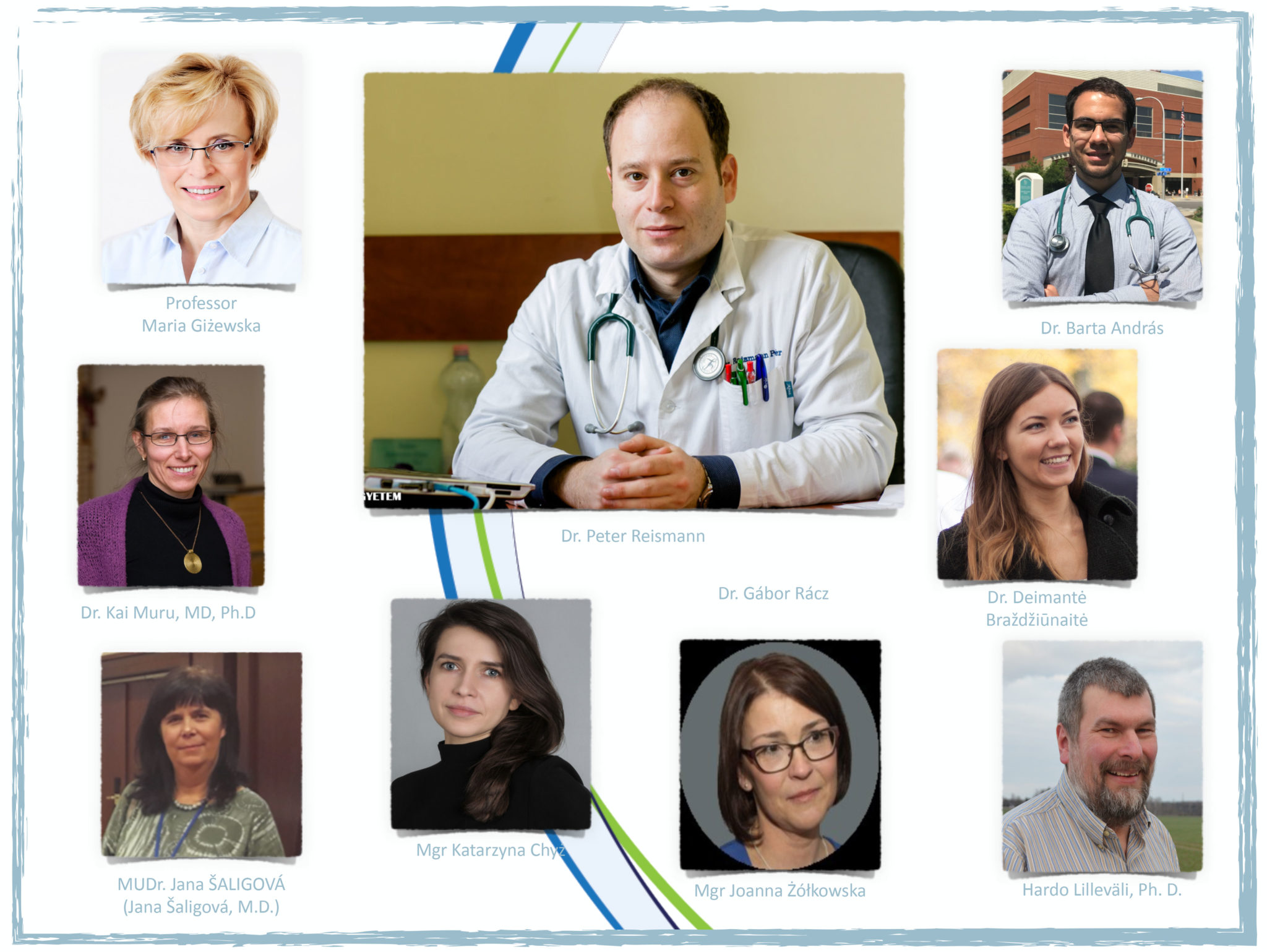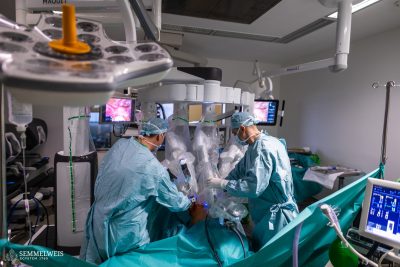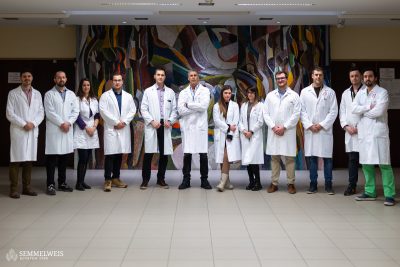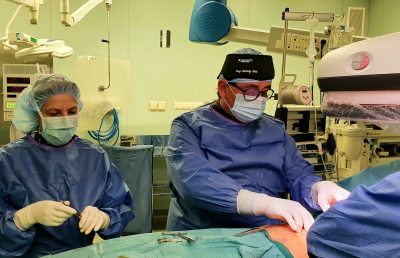Similarly to last year, the event was organized by Semmelweis University’s Congenital Metabolic Diseases Clinic. In addition to therapeutic alternatives to Phenylketonuria (PKU), those interested could participate in lectures on the development of patient collaboration and could share their epidemiological experiences.
As a follow-up to last year’s first, highly successful CEE Metabolic Roadshow in Budapest, experts from the region specialized in rare metabolic diseases met again this year to discuss issues and developments in the field. However, in view of the pandemic, this time the event was organized in the form of a web conference. The main organizer was again the head of the 2nd Department of Internal Medicine’s Congenital Metabolic Diseases Clinic, Dr. Péter Reismann, associate professor. The event was sponsored by Nestlé Health Science. Participants reported in detail on the epidemiological situation in each country and its impact on both patients treated and specialist care. In terms of the situation in Hungary, experience has shown that COVID-19 infection and the epidemic did not cause disruption, and patient care, medication, and neonatal mass screening also functioned smoothly.
Impact of the pandemic on patients with rare metabolic diseases
Close control of patients with labile metabolism due to a genetic defect is essential during epidemics, as in addition to the infectious disease, a sudden, significant upset of metabolism can lead to a life-threatening condition for the affected patient. Early recognition and adequate care is the key to successful treatment, emphasized Dr. Péter Reismann.
Presentations were also given on current and future therapeutic alternatives to Phenylketonuria (PKU) and tools to improve patient compliance (e.g. quality of life questionnaire, alternative formulas) for registered physicians and dietitians.
Source and photo: Dr. Péter Reismann, 2nd Department of Internal Medicine
Translation: Diána Módos



